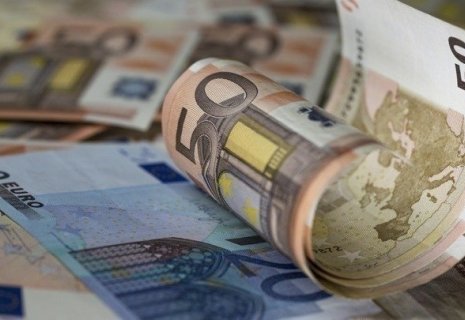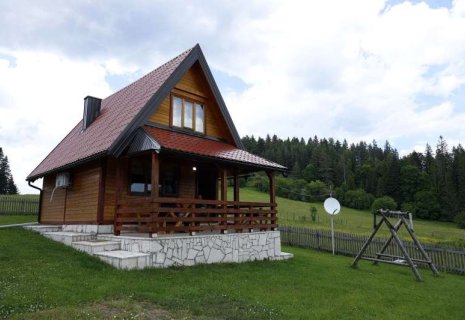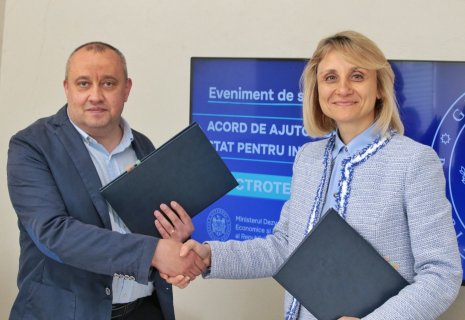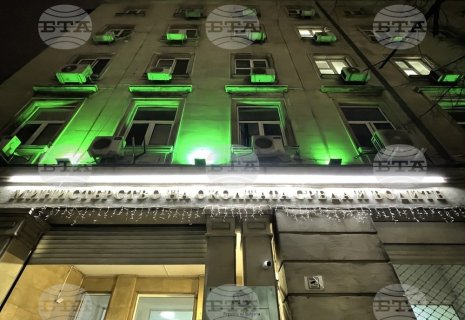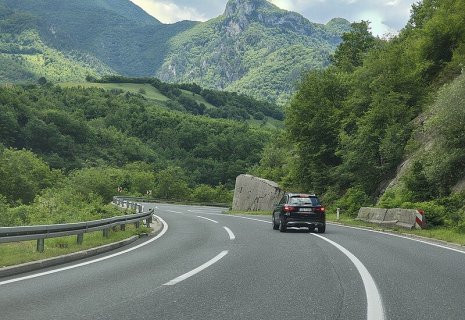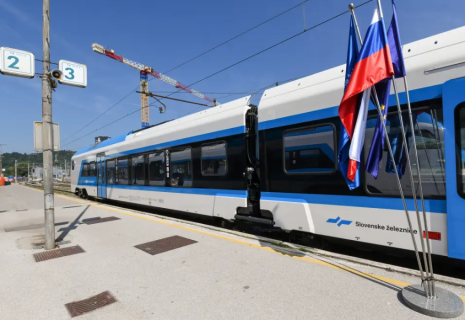
Slovenia’s competitiveness slips as business environment hits wall
Slovenia has placed 46th among 69 countries in the latest competitiveness rankings by the Swiss IMD institute, maintaining last year's position after a combined drop of eight places in 2023 and 2024. The ranking continues to be most adversely affected by the business environment and society's receptiveness to adaptation and change.
Slovenia has retained its worst ranking in the past five years, having achieved this position amongst 67 countries last year and amongst 69 this year, CE Report quotes STA.
Among EU members, Italy and Cyprus ranked just above Slovenia in 43rd and 44th places respectively, while Hungary (48th), Romania (49th), Greece (50th), Poland (52nd), Croatia (53rd), Bulgaria (57th), and Slovakia (63rd) followed behind. Of these, Poland recorded the largest decline amongst European countries, losing 11 places.
Switzerland tops the rankings, having exchanged positions with Singapore. These are followed by Hong Kong, Denmark, the United Arab Emirates, Taiwan, Ireland, Sweden, Qatar, and the Netherlands. The US ranks 13th, while among other major European economies, Germany holds 19th place, the UK 29th, and France 32nd.
Among Slovenia's neighbours, Austria ranks highest in 26th. Of the countries that joined the EU in 2004, Lithuania (21st) and the Czech Republic (25th) hold the highest positions.
Venezuela is at the very bottom, preceded by Namibia, Nigeria, Turkey, and Mongolia.
The IMD study, running since 1989 with Slovenia participating since 1999, ranks countries on their ability to exploit resources for competitiveness and prosperity, capturing short-term business environment changes.
The index uses 262 indicators across four main pillars: economic performance, government efficiency, business efficiency, and infrastructure. Two-thirds are statistical indicators, one-third based on executive surveys. Slovenia's research is conducted by the Institute for Economic Research (IER) and Ljubljana's School of Economics and Business, supported by the SPIRIT development agency.
Rankings above 35th indicate competitive advantage, below represents weakness, noted Mateja Drnovšek from the Ljubljana's School of Economics.
While Slovenia performed best in economic performance (37th) and infrastructure (39th), economic performance was weakened by domestic indicators, particularly lower growth and sharp investment decline, especially among businesses. However, Slovenia improved in GDP per capita by purchasing power, economic technological sophistication, and resilience assessment. Employment indicators also strengthened its position.
As a small, open economy, Slovenia ranked highest in international trade indicators, 10th, though Sonja Uršič from IER noted scope for improvement in technology-intensive exports and knowledge-based services. With moderating inflation, Slovenia ranked well in price indicators (17th) but poorly in international investment indicators.
Infrastructure remains relatively strong, though recent years have seen this shift from competitive advantage toward potential weakness.
Slovenia particularly struggles with basic infrastructure including air connectivity, transport efficiency, green energy transition success, and industrial electricity costs. Technological infrastructure is also weak, though scientific infrastructure and education perform better despite this year's decline.
Government efficiency (48th) and business efficiency (55th) remain Slovenia's biggest challenges. Government efficiency has declined 10 places this decade, ranking particularly poorly in tax policy (57th) and legislative effectiveness affecting businesses, where it hit a historic low of 51st.
Business efficiency has also lost 10 places recently and despite slight improvement remains near the bottom. While showing gains in productivity, financing, and corporate adaptability, Slovenia is undermined by managers' poor assessment of societal relations and values.
Slovenia ranked 64th in this area, reflecting society's poor receptiveness to entrepreneurship and needs for adaptation, change, and reform.
IER Director Damjan Kavaš warned that the world is changing exponentially, necessitating the internalisation of the need for change. According to Kavaš, it is increasingly evident that Slovenia's existing development model has run its course. The country must grapple with technological and other changes while setting new priorities.
The only path to maintaining and raising prosperity is through increasing added value, which requires changes across all areas - in the state, economy, and population, he said. "While there isn't yet a crisis, every year we fail to respond, we miss an opportunity to act," Kavaš added.

